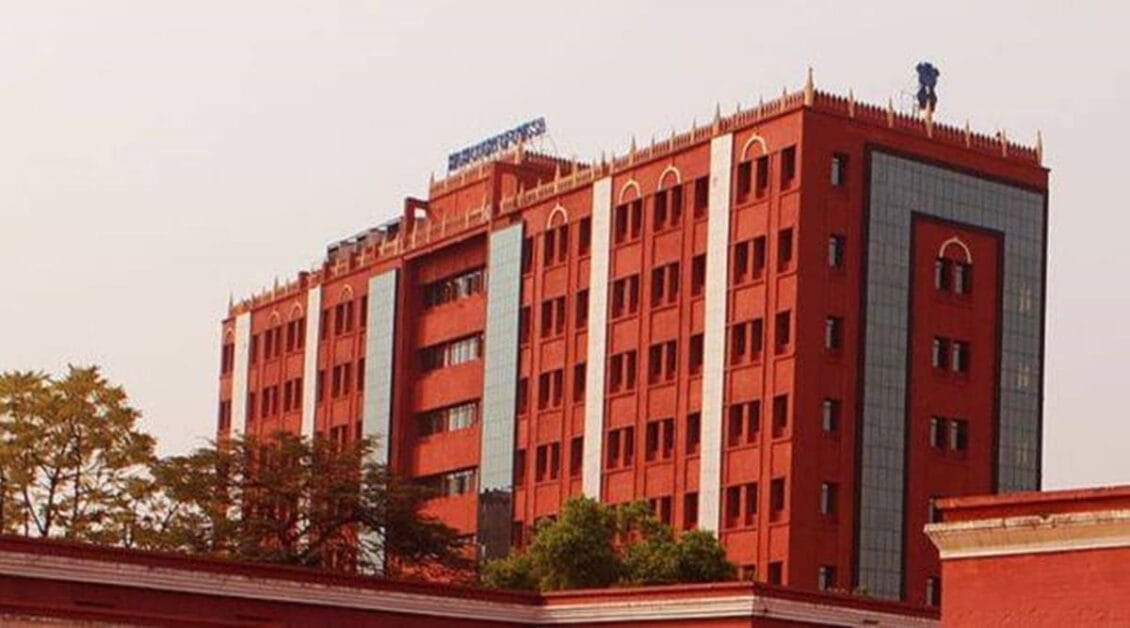Orissa High Court Criticizes OPSC for Flawed Evaluation in Judicial Exam

The Orissa High Court has criticized the Odisha Public Service Commission (OPSC) for its haphazard scrutiny in evaluating answer scripts for the Odisha Judicial Service (OJS) Examination-2022. A candidate, Jyotirmayee Dutta, discovered that a 12.5-mark question in her “Law of Property” paper was left unevaluated, impacting her qualification for the next stage.
Candidate’s Grievance & Court Proceedings
After failing the Mains exam by just five marks, Dutta applied for a copy of her answer script, which she received seven months after the final merit list was published. Upon review, she found that one entire question was not assessed, and other responses were marked inconsistently, despite following ideal answer formats. Alleging unfair evaluation, she filed a writ petition in the High Court.
Her counsel, Advocate Srinivas Mohanty, argued that the evaluation process was arbitrary and lacked transparency, preventing her from qualifying for the viva voce stage. The OPSC, represented by Senior Advocate PK Mohanty, denied any bias and maintained that there was no written scheme of evaluation, relying instead on verbal guidelines from the Chief Examiner.
Court’s Observations & Independent Re-evaluation
The High Court differentiated between “re-evaluation” and “non-evaluation”, asserting that the latter constitutes a procedural lapse. It ordered an independent assessment of the candidate’s answer script by three reputed universities—NLU Cuttack, M.S. Law University, and Law University, Vani Vihar. The review confirmed that the question had indeed been left unmarked.
After averaging the marks awarded by the three institutions, Dutta received an additional 3.5 marks, leaving her 1.5 marks short of qualification. Despite this, the Court highlighted the critical flaw in the OPSC’s evaluation system.
Key Takeaways & Court’s Verdict
- Systemic Flaws in OPSC’s Evaluation: The Court emphasized that if Dutta had not requested her answer script, this issue would have remained undiscovered, raising concerns about similar errors affecting other candidates.
- Impact on Aspirants: The judgment recognized the high stakes of competitive exams, where even minor errors can derail careers and shake faith in the system.
- Directive for Quality Control: The Court ordered stricter scrutiny and quality checks in the evaluation process to ensure fairness.
While dismissing the petition, the Court awarded Dutta ₹1 lakh in compensation for the mental trauma and financial burden endured during the case. It also urged the OPSC to implement rigorous measures to prevent such procedural lapses in the future.
This case underscores the importance of transparency and accuracy in competitive examinations and serves as a wake-up call for recruitment agencies to uphold fairness in the selection process.





Your point of view caught my eye and was very interesting. Thanks. I have a question for you.
Your article helped me a lot, is there any more related content? Thanks!